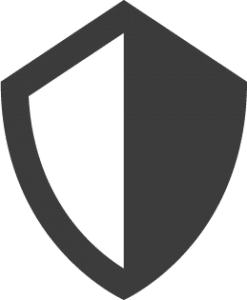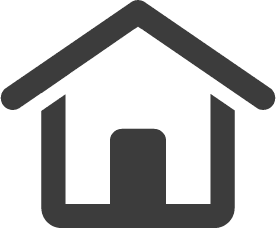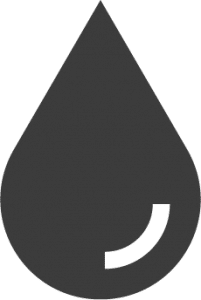Type of response:





The Liptako Gourma region, which borders Burkina Faso, Mali and Niger, is affected by a complex crisis involving growing competition over dwindling resources; climatic variability; demographic pressure; high levels of poverty; disaffection and a lack of livelihood opportunities; communal tensions; the absence of state institutions and basic services; and violence related to organized crime and non-state armed groups. Since early 2019, non-state armed groups have consolidated their presence in especially the Northern part of Burkina Faso. This has led to a sharp increase in violence, with reported civilian deaths four times the total recorded in 2018. The escalating levels of insecurity have led to schools being closed and farmers abandoning their fields in search of safety – this in a country where 4 out of 5 people rely on farming for their livelihoods.
In January 2020, the total number of internally displaced people (IDP) was 546,000. Since the end of January 2019 until early December 2019, the number of registered internally displaced persons (IDPs) has increased by 500%, from 87,000 to 560,000 as of 9 December according to OCHA. In December 2019, over 2,000 schools were closed, affecting 330,000 children and 9,000 teachers. A nutritional survey carried out in November showed an alarming nutritional situation 2019.
Currently, all of Burkina Faso’s 13 regions host people fleeing violence. However, the most affected regions in terms of IDP’s are: Sahel, Nord and Centre-Nord.
The DRA partners have designed their response based on needs and gaps, their technical expertise and complementarity with other interventions to maximize impact. The Joint Response will:
Gender is a cross-cutting theme in this Joint Response. Men, women, boys and girls are affected differently by the crisis. Children and women are amongst the most vulnerable. Boys and young men are particularly at risk of forced recruitment by armed groups and child labor, while girls and young women are prone to kidnapping, gender-based violence and sexual exploitation by armed groups and human traffickers. Psychosocial support will be adapted to the specific protection risks of boys, girls, men and women. Activities will be designed to offer differentiated services depending on gender and age.
Save the Children
Laan van Nieuw Oost-Indië 131-k
2593 BM Den Haag
The Netherlands
Chair organisation: Plan International
E: office@dutchrelief.org